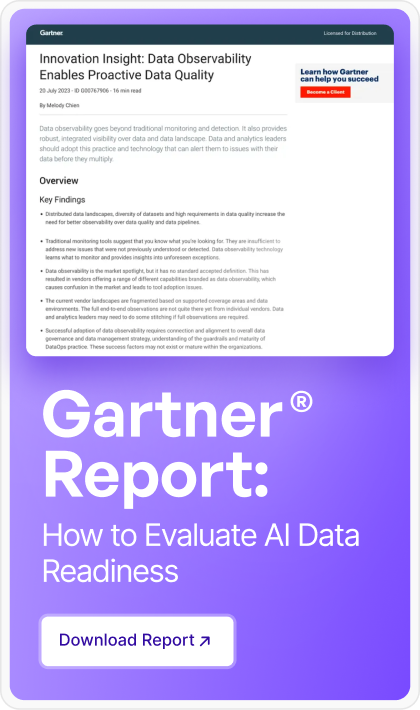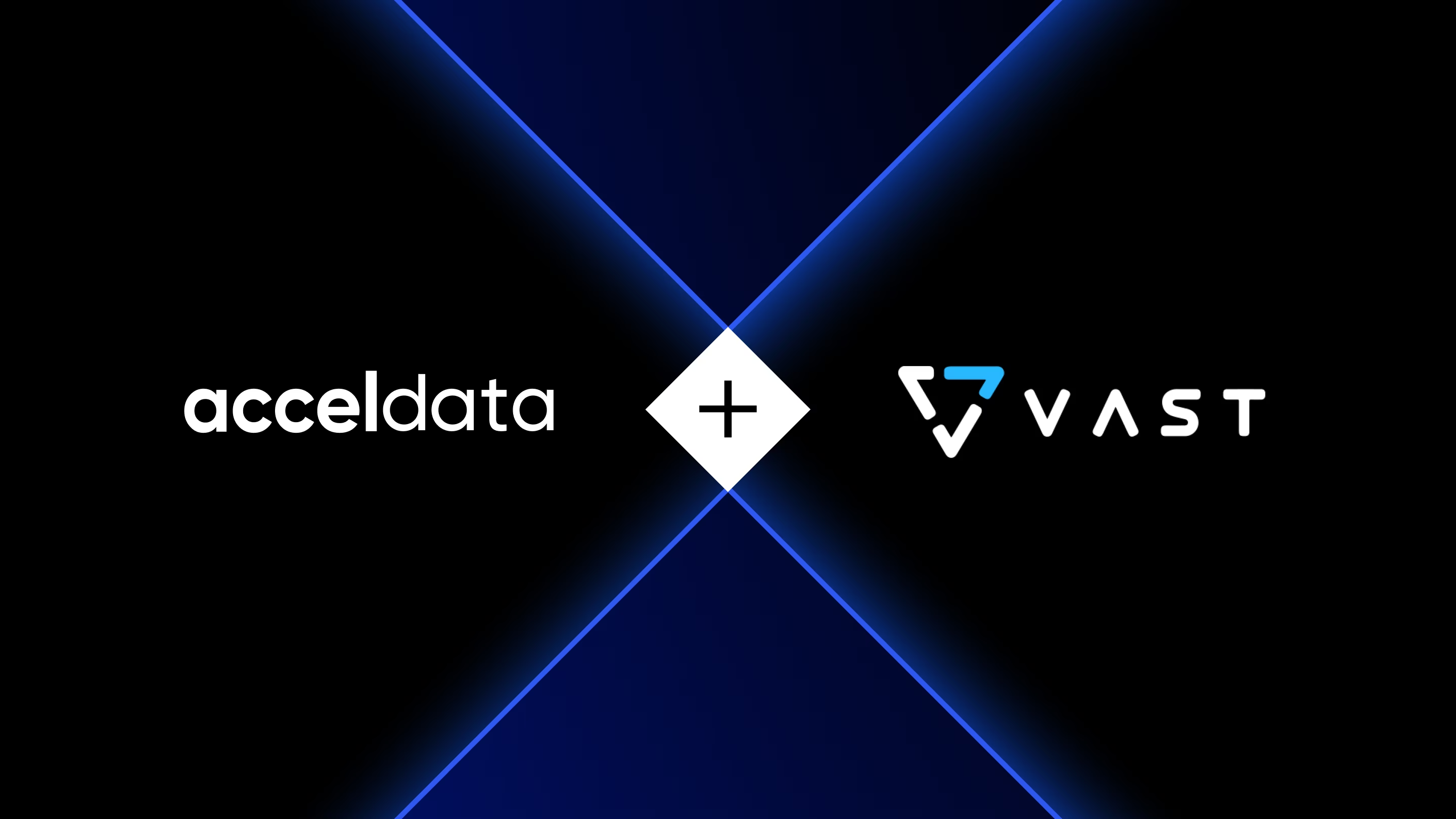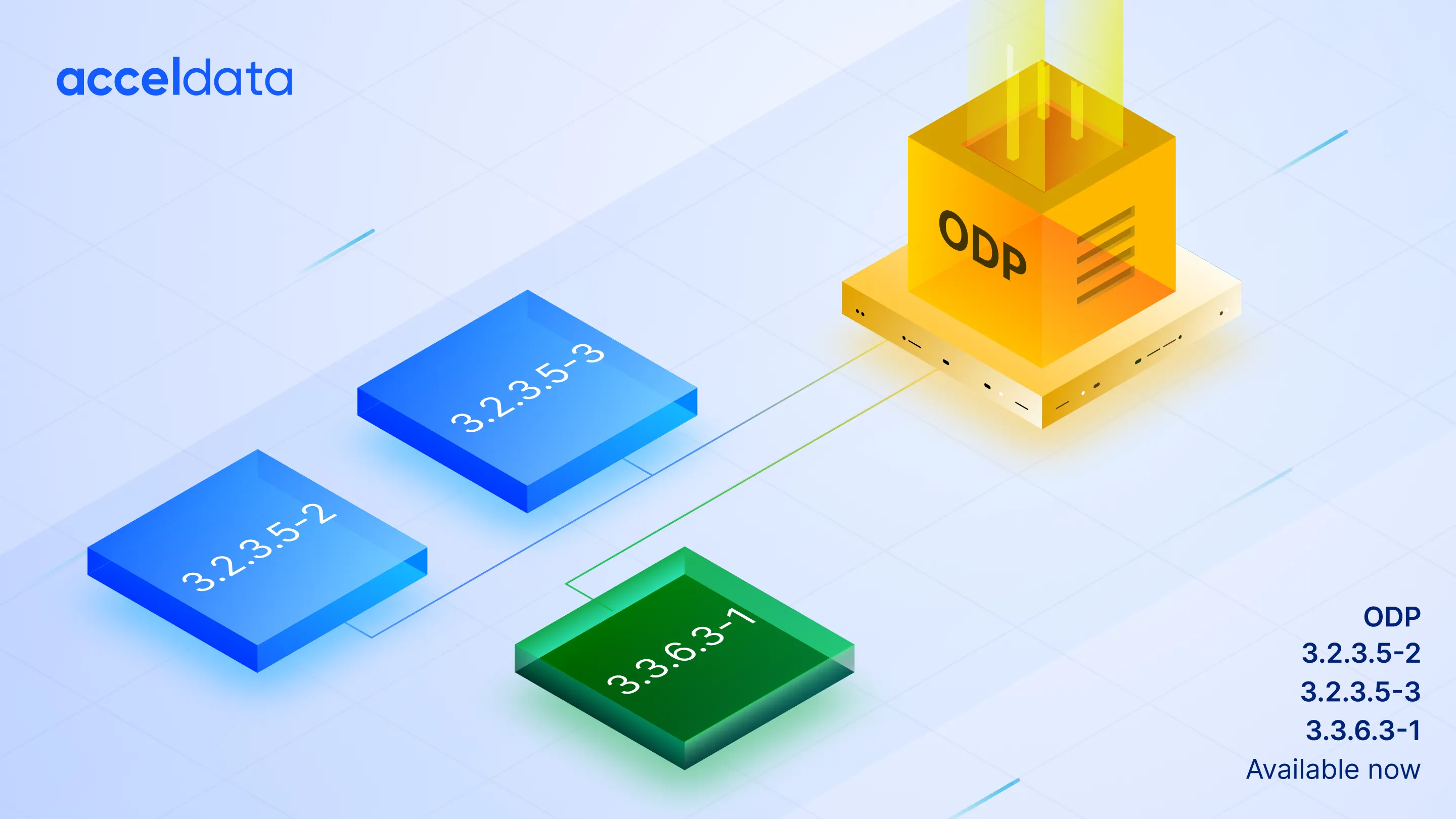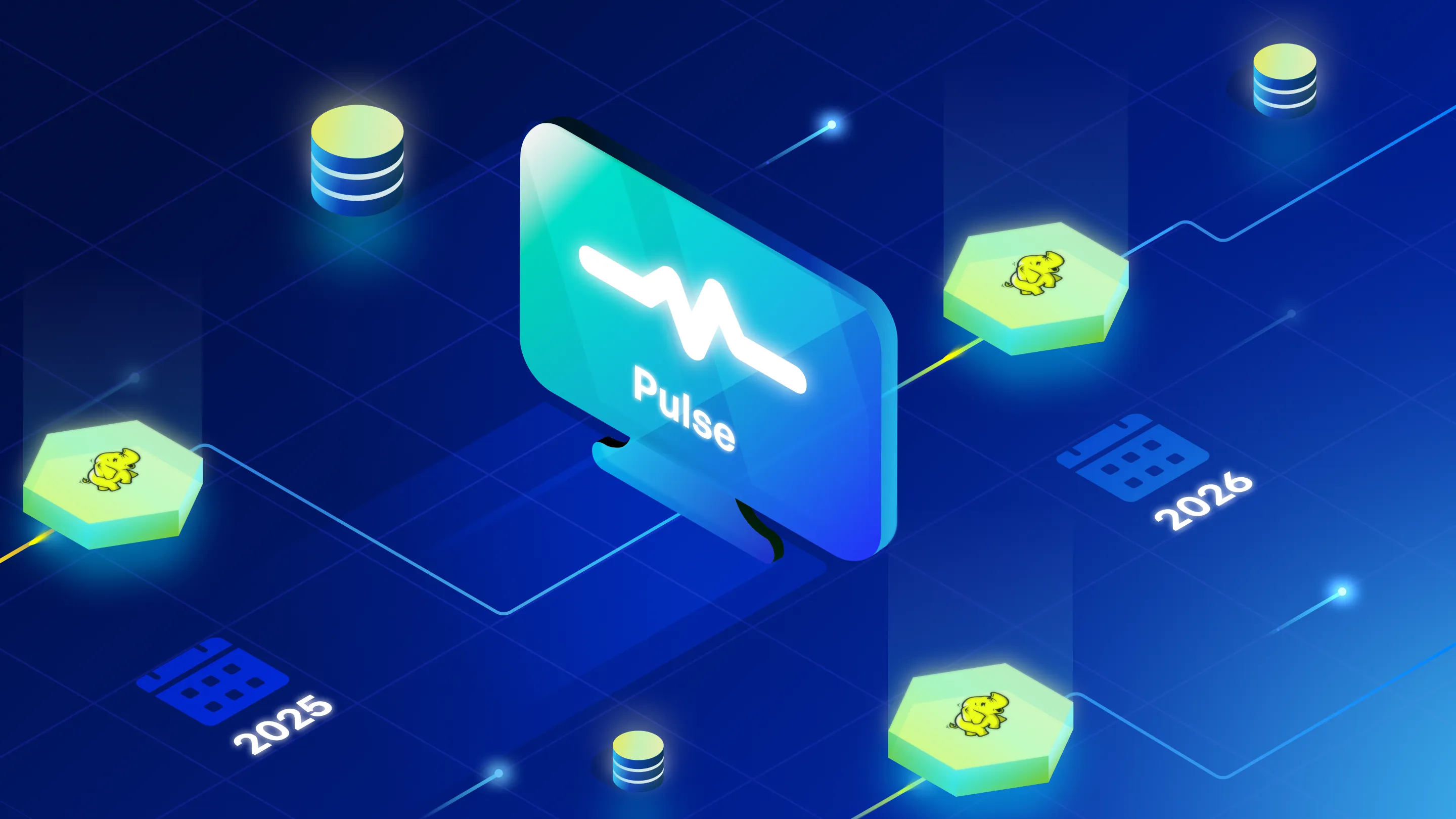To enhance operational intelligence, modern enterprises require a real-time data feeds platform that is comprehensive, high-throughput, and low-latency, capable of offering visibility and context into data pipelines that process trillions of events daily.
Enterprises that manage complex data pipelines and real-time data streams can leverage Kafka and an enterprise data observability platform. Kafka's ability to handle high-throughput data feeds with low latency times, without occupying valuable computing resources, proves beneficial.
The optimal enterprise data observability solution should incorporate a Spark engine and treat Kafka as a first-class citizen with exclusive privileges. This approach complements Kafka's ability to transfer large amounts of data in real-time with advanced data pipeline and analysis capabilities.
How does Kafka help manage and optimize real-time data streams? Let's look at some of the advantages of Kafka, and how it supports data operational optimization.
Kafka handles data feeds in real-time within a few milliseconds
Consider Kafka as an enormous data conveyor belt that transports your data to its destination in real-time. Kafka manages data as unbounded sets, enabling enterprises to process large streams of incoming data in real-time without significant delays.
As a streaming platform, Kafka is proficient in handling the real-time data streaming requirements of businesses. Unlike traditional ETL/ELT scripts that work with bounded batches of data, Kafka constantly ingests and presents data as unbounded streams. Consequently, Kafka can manage vast data feeds within milliseconds, enabling businesses to analyze and process data in real-time.
Kafka is versatile enough to meet a wide range of real-time use cases. For instance, it can provide users with real-time purchasing recommendations based on their preferences, and allow enterprises to verify and analyze transactions at scale in real-time, among other use cases.
Kafka handles continuously changing data efficiently
Kafka leverages change data capture (CDC) techniques, such as triggers, queries, and logs, to track the latest data modifications. By doing so, Kafka avoids the need to transform or load all the data again when changes occur, which prevents computing resources from becoming overwhelmed.
Subsequently, Kafka sends these incremental data changes to the data processing or analysis engine required by the business. For instance, a Kafka data pipeline can provide real-time data for immediate analysis or archive the data for later use cases.
Furthermore, Kafka generates minimal or no changes at the source and produces persistent data records. This feature enables Kafka to handle continuous data changes swiftly and at scale, processing over 100,000 transactions per second. Therefore, it can manage real-time data streams originating from multiple sources, such as live-user transactions, IoT device logs, or video analysis sessions, among others.
Kafka handles complex data pipelines
Kafka can work with microservices to handle complex data pipelines that process millions of transactions per second. Kafka also reduces production loads and costs by simultaneously streaming data to different targets.
When data pipelines begin to handle millions of transactions every minute, their complexity begins to increase exponentially. At this scale, they need to work with microservices, or else they break down. Kafka works well with microservices and can help you handle complex data pipelines at scale.
Kafka also reduces production loads by simultaneously serving data streams to different targets. For example, it can stream a transaction simultaneously to both a microservice that serves end-users as well as a data lake that trains a machine learning algorithm.
Kafka Connect can connect with various data sources, including NoSQL, Object-Oriented, and distributed databases. This helps engineering teams to create customized solutions that meet specific business needs without increasing time to production. Kafka also supports HTTP and REST APIs.
Scale is critical for all enterprise data teams, and Kafka can help you process complex data pipelines at scale quickly and cost-effectively. But, focusing only on real-time data streams without creating effective data pipelines can backfire as pipelines end up contributing to a decrease in reliability.
Meeting the modern data needs of businesses can get out of hand quickly. If data teams aren’t careful, they might end up spending millions in additional infrastructure costs and unforeseen expenses. So, along with real-time data streaming, it is equally important to manage your data pipelines effectively.
Kafka & Acceldata = Data-driven decisions in real-time
As businesses continue to undergo digital transformation, data becomes more mission-critical. Data is intertwined with operations at every level, so not having a comprehensive data observability solution can increase the risk of unexpected data problems and outages.
Kafka can effectively ingest and handle your data in real-time. But this alone isn’t enough to make effective data-driven decisions. Businesses also need to improve data quality, create effective pipelines, automate processes and analyze data in real-time.
A multidimensional data observability solution such as Acceldata can help your enterprise achieve all this and more. You can think of Acceldata as a solution that wires complex data systems and allows you to observe it, at a granular level. This in turn allows your data team to predict, prevent and catch unexpected data problems, before they can disrupt your business.
More importantly, Acceldata can work with your Kafka pipelines to ingest, validate and transform data streams in real-time. This can help you automatically clean and validate your incoming data streams. And it can enable you to make more effective data-driven decisions in real-time.
Book a free demo to understand how Acceldata.io can work with your Kafka pipelines, to meet your data streaming needs in real-time.










.png)






.webp)
.webp)


